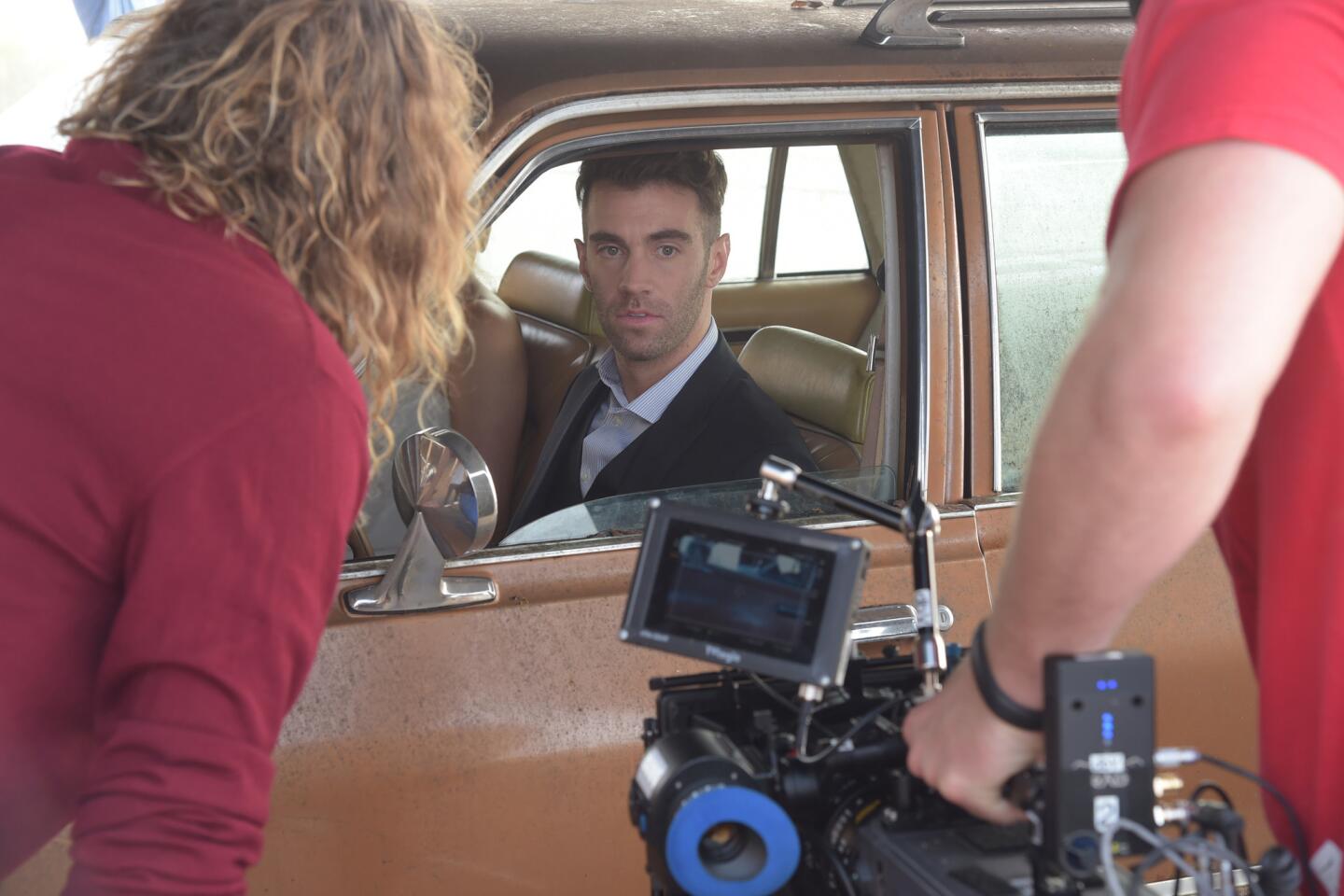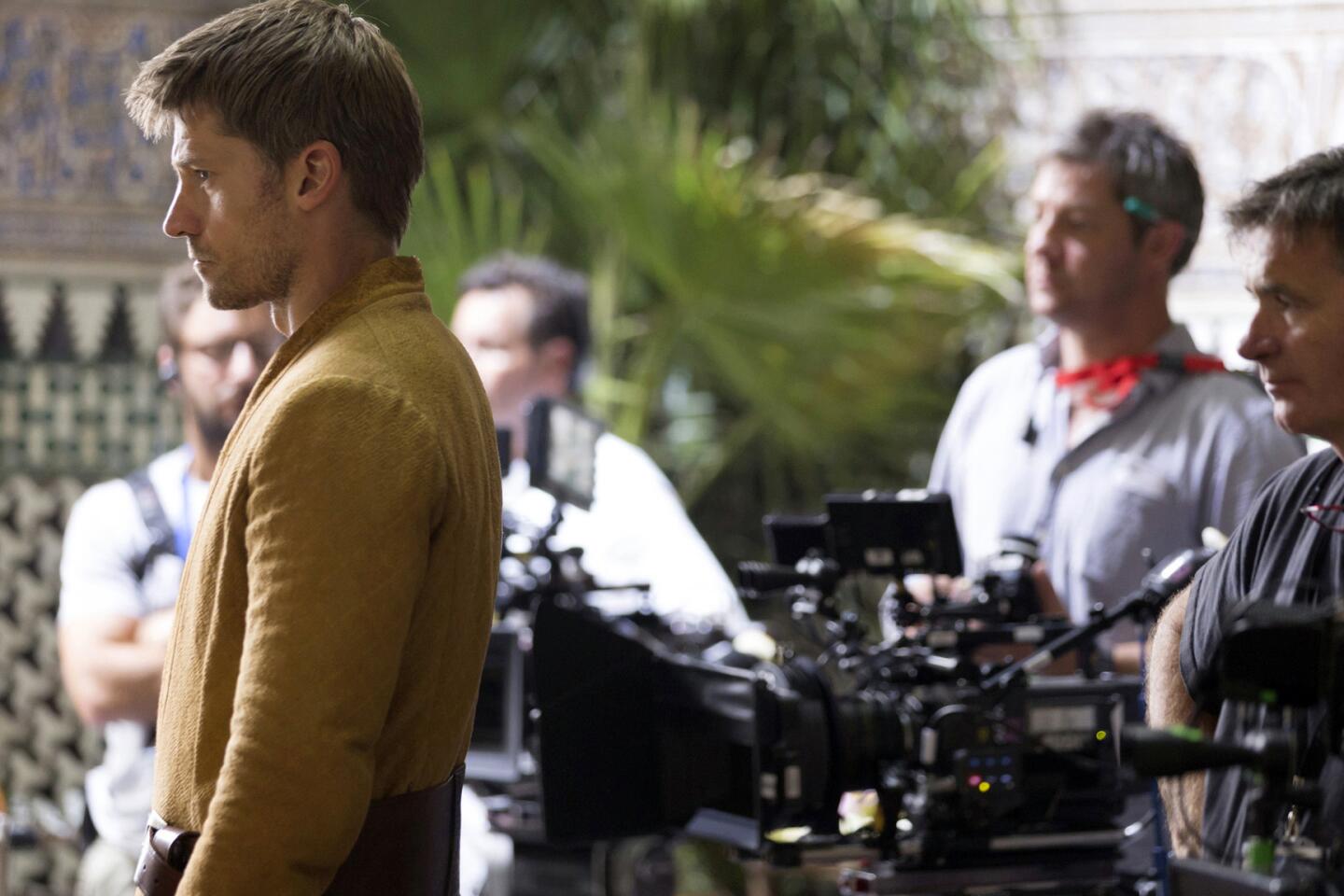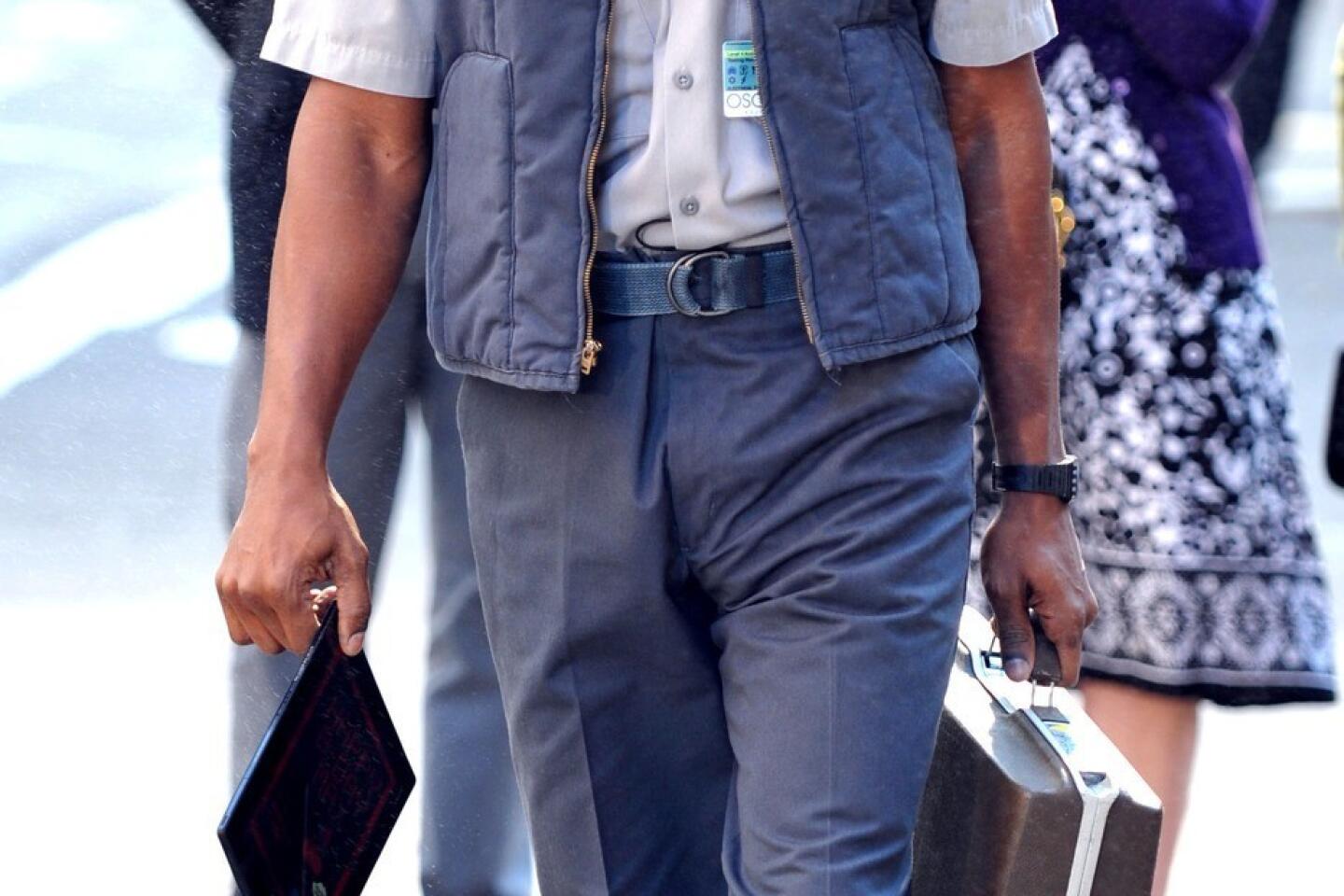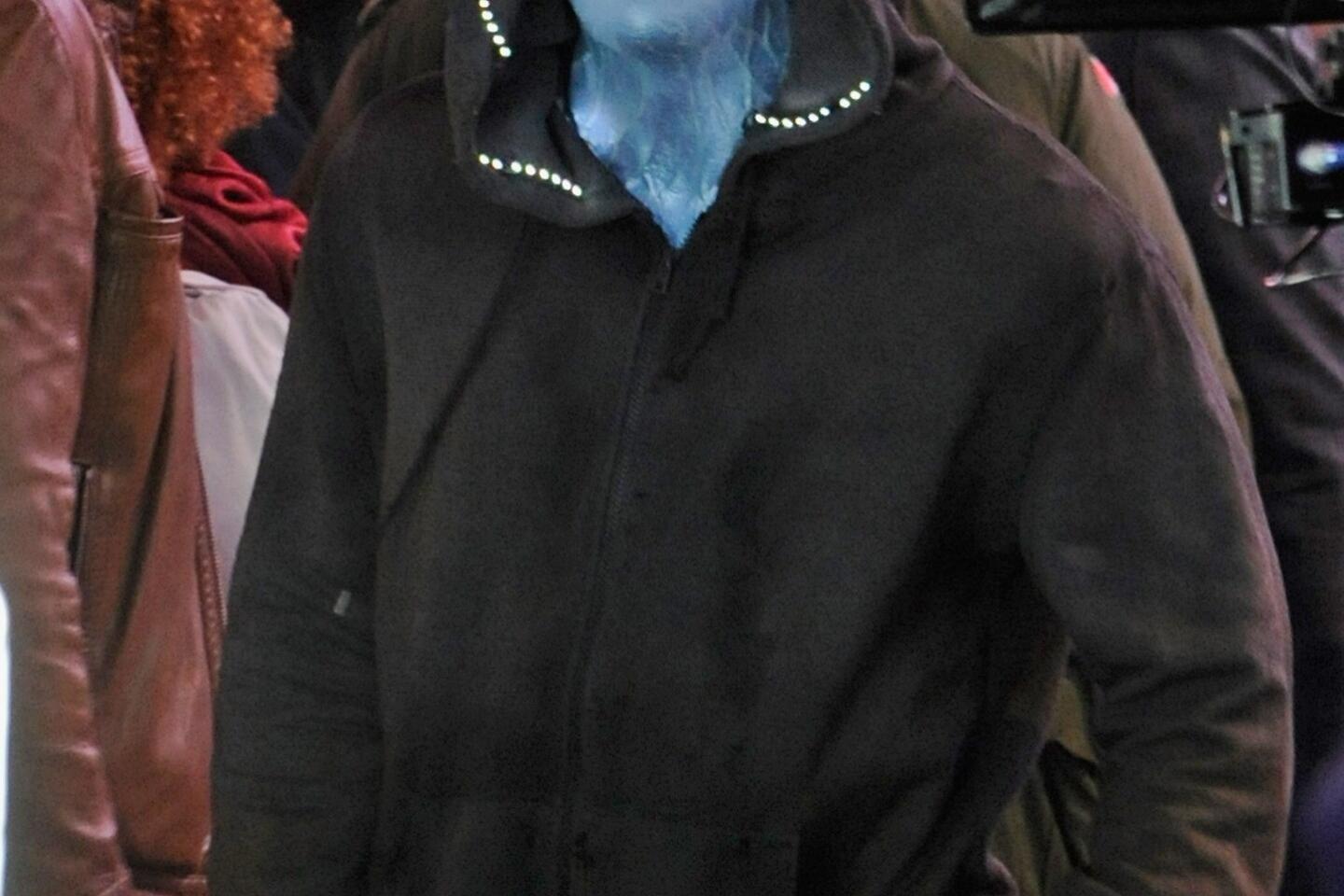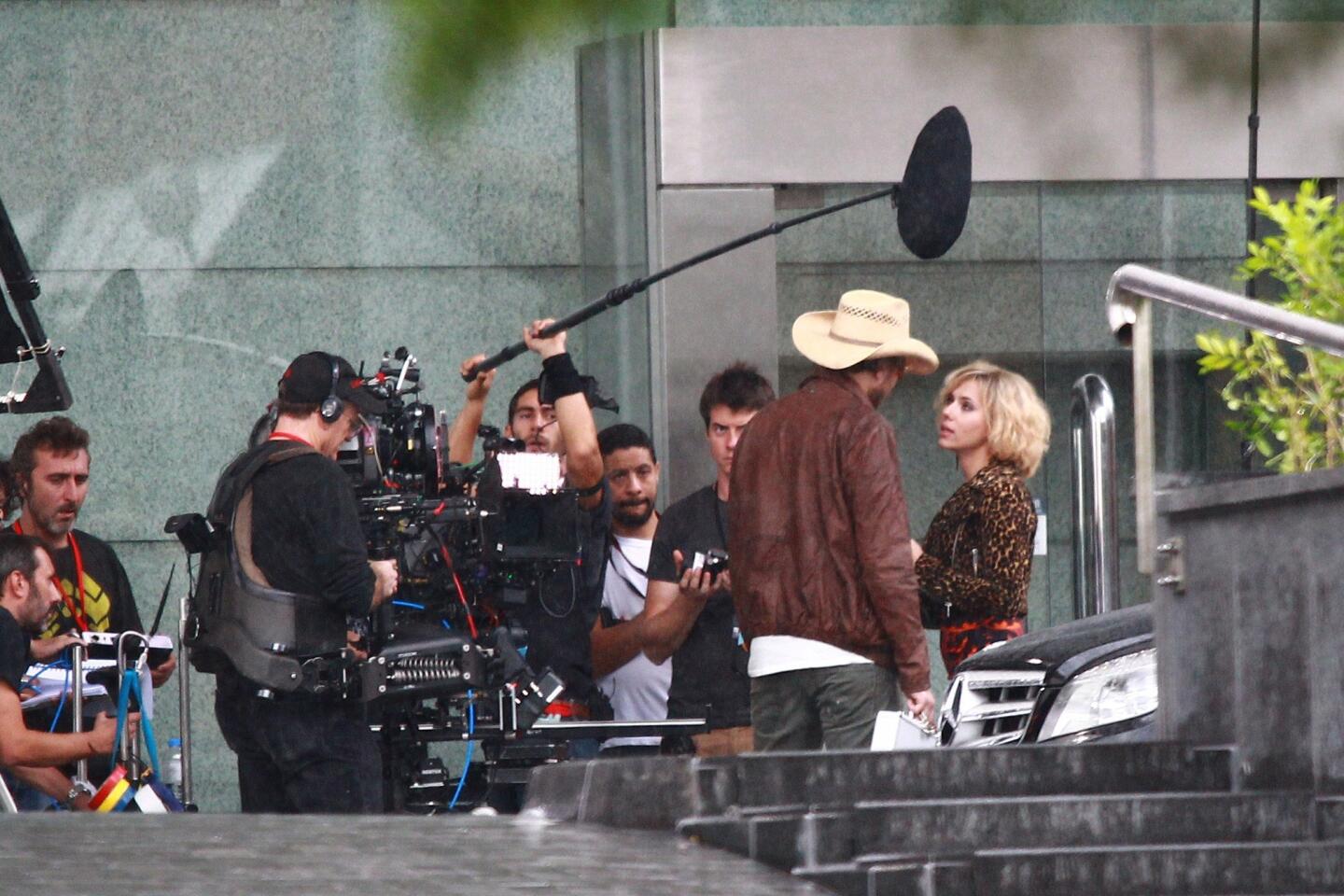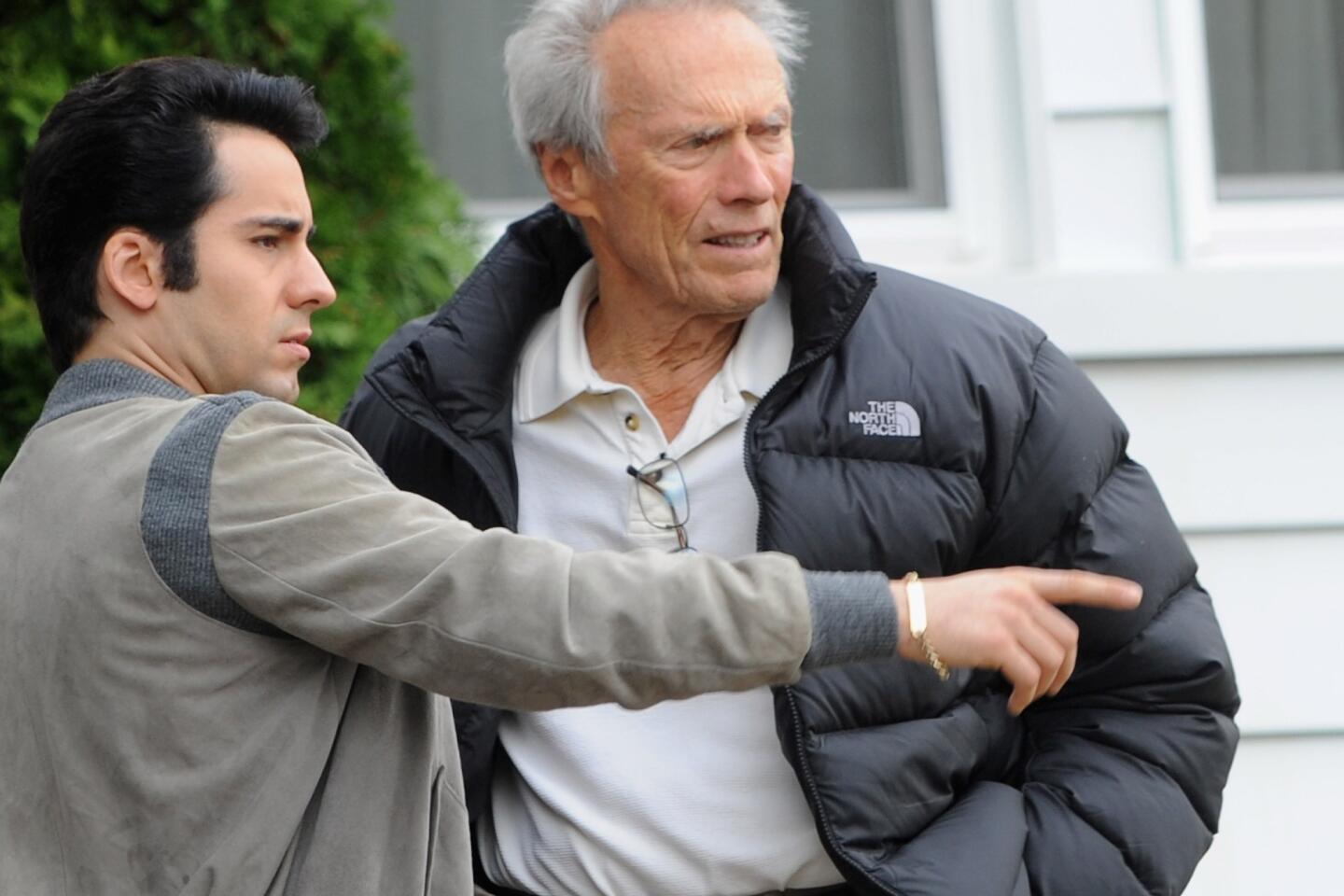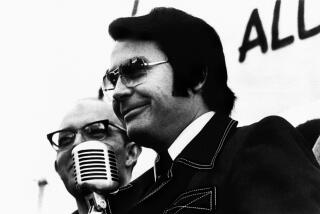‘How to Make Money Selling Drugs’ deals a new documentary blend
Documentaries typically can be split into two camps. There are those designed to entertain — penguins in snow, Justin Bieber in concert — and sell tons of tickets. Then there are works — bleak stories about hunger, pollution, genocide — more intent on scoring partisan points than box-office records.
Producer Bert Marcus wants to eliminate that division and has put together a $15-million fund to make nonfiction movies intended to be both financially and socially rewarding. His release this weekend, an indictment on the war on drugs called “How to Make Money Selling Drugs,” is Marcus’ latest effort to prove that documentaries can do good on both the civic and fiscal bottom lines.
Only a handful of nonfiction films have covered the chasm between profits and politics, and almost every one of them was made by “Fahrenheit 9/11’s” Michael Moore.
Beyond Moore’s, some of the other most successful documentaries are still bringing in just $4 million or less: This year’s “The Gatekeepers” and 2012’s “Searching for Sugar Man” crossed the $2-million and $3-million thresholds, respectively, and 2010’s “Inside Job” inched past $4 million domestically. But the majority of documentaries never even receive a wide theatrical release.
The 30-year-old Marcus believes the problem is that most documentaries aren’t made with the same attention to compelling storytelling typically found in narrative features. At the same time, he feels that documentaries are reflexively marketed to a small slice of the population, guaranteeing that they will never play beyond that same narrow niche of moviegoers.
“Most documentaries are viewed as art-house releases and are geared toward people who watch those kind of movies,” Marcus said. “The key is that you have to find your unique angle. The biggest goal of all is not reaching the indie audience but reaching people all over.”
PHOTOS: Hollywood backlot moments
He sites “Senna,” a documentary about the Brazilian Formula One racer Ayrton Senna, as a good example of how a movie ostensibly tilted toward a discrete constituency could play far beyond its perceived borders. While the movie, which Marcus did not work on, was not a breakout hit in American theaters, it grossed more than $8 million worldwide and has been hugely popular on video-on-demand outlets such as Netflix (where it has more than 350,000 user reviews) and Amazon Instant Video.
Marcus’ new release, “How to Make Money Selling Drugs,” abandons the usual talking-head approach and is instead something of a primer on how ordinary people can become drug dealers. Written, directed and narrated by Matthew Cooke, the movie is a how-to tale populated by former dealers and addicts and by current lawyers, law enforcement officials and advocates for reforming the nation’s drug policies.
Reviewing the film in the Los Angeles Times, Gary Goldstein said, “Though it begins as a slick, tongue-in-cheek guide to successful dope dealing … ‘How to Make Money Selling Drugs’ masterfully evolves into something far more vital, cogent and impressive.”
RELATED: More movie reviews by The Times
Marcus, who produced the film and used his Bert Marcus Productions fund to finance it, said he was as interested in the subject matter as Cooke’s tongue-in-cheek filmmaking style. “The perspective was something that I thought was very unique,” Marcus said. The two collaborated on Marcus’ first documentary, 2010’s “Teenage Paparazzo.”
Marcus is directing his company’s next documentary, “Champs.” While the movie, due out next year, is focused on boxing (interviews include Mike Tyson, Sugar Ray Leonard and Oscar De La Hoya), Marcus believes it will have broader appeal, in part because it includes pop culture figures with personal ties to the sport, including Denzel Washington, Mark Wahlberg and Mary J. Blige.
“It’s not really a boxing film,” Marcus said of “Champs.” “It’s about the heart and the mind-set of a champion in life, no matter who you are — that we’re all fighting in life.”
The business of documentary film is about as uncertain as panning for gold. The hits are rare, and distributors usually pay very little upfront to acquire a film’s theatrical rights (“Senna,” in fact, was essentially self-distributed because the offers were so modest).
PHOTOS: Celebrities by The Times
But Paul Shimoff, an investor in Marcus’ fund, said “How to Make Money Selling Drugs” should be profitable and have an effect on the debate over the war on drugs. He said he felt the film not only appealed to a different audience than most documentaries — “hip and cool,” he said — but also was able to send a message without being heavy-handed.
“We thought [the company] could produce a return and also be an agent for change,” Shimoff said.
Marcus knows that documentaries don’t generate a lot of mainstream awareness, but he is hopeful they can provide a worthwhile moviegoing alternative, especially in the middle of the summer movie season.
“It’s really about targeting people who are just sick and tired of what’s being thrown in their faces.”
More to Read
Only good movies
Get the Indie Focus newsletter, Mark Olsen's weekly guide to the world of cinema.
You may occasionally receive promotional content from the Los Angeles Times.
